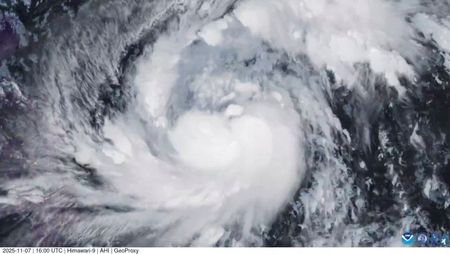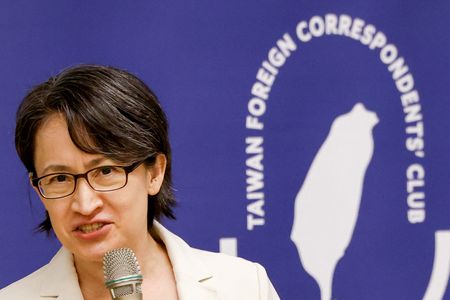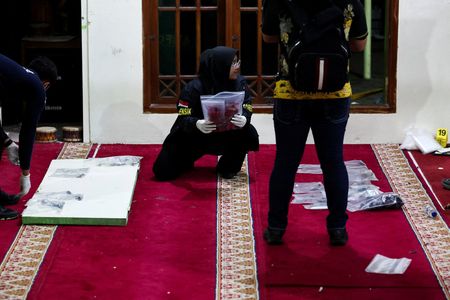By Tetsushi Kajimoto
TOKYO (Reuters) -Japan and South Korea may soon discuss the possibility of reviving a bilateral currency swap arrangement that expired years ago, Finance Minister Shunichi Suzuki said on Friday, though some officials were cautious over the chances for a deal.
The currency swap could be on the agenda when Suzuki meets his South Korean counterpart Choo Kyung-ho for a bilateral finance dialogue that is expected to be held in Tokyo later this month, though the date has still to be finalised.
“It could include a Japan-South Korea currency swap arrangement,” Suzuki said. “That’s all I can say at the moment, as we are making final arrangements towards June 29.”
The swap arrangement, which served as a backstop against any potential currency crisis, had been regarded as a symbol of financial cooperation between the two neighbours.
But it expired in February 2015 amid worsening relations over wartime history issues such as so-called comfort women and forced labour.
When they meet, Suzuki and Choo are also expected to discuss global and regional economies, coordination at Group of Seven (G7) and G20 meetings, bilateral and regional financial cooperation and bilateral cooperation in taxation, customs, and infrastructure investment in third countries.
A regional multilateral currency swap scheme dubbed the Chiang Mai Initiative Multilateralisation (CMIM) and other bilateral swap arrangements will also likely be on the agenda.
Japanese finance ministry officials said they did not know how talks on the bilateral currency swap arrangement would turn out. But they considered it to be supplementary to the CMIM.
“Japan may be cautious out of concern that the swap arrangement may get bogged down again amid diplomatic rows. Still, they both could strike a deal given the role it plays in stabilising markets at a time of crisis,” said Toru Nishihama, emerging market economist at Dai-ichi Life Research Institute.
The finance dialogue would be part of the two countries’ efforts to mend strained relations to counter North Korea’s missile threat and geopolitical tensions in the Asian region.
It could mark the resumption of fully-fledged dialogue between the two countries’ finance ministry officials for the first time since 2016.
(Reporting by Tetsushi Kajimoto; Editing and Christopher Cushing, Shri Navaratnam, Gerry Doyle & Simon Cameron-Moore)









